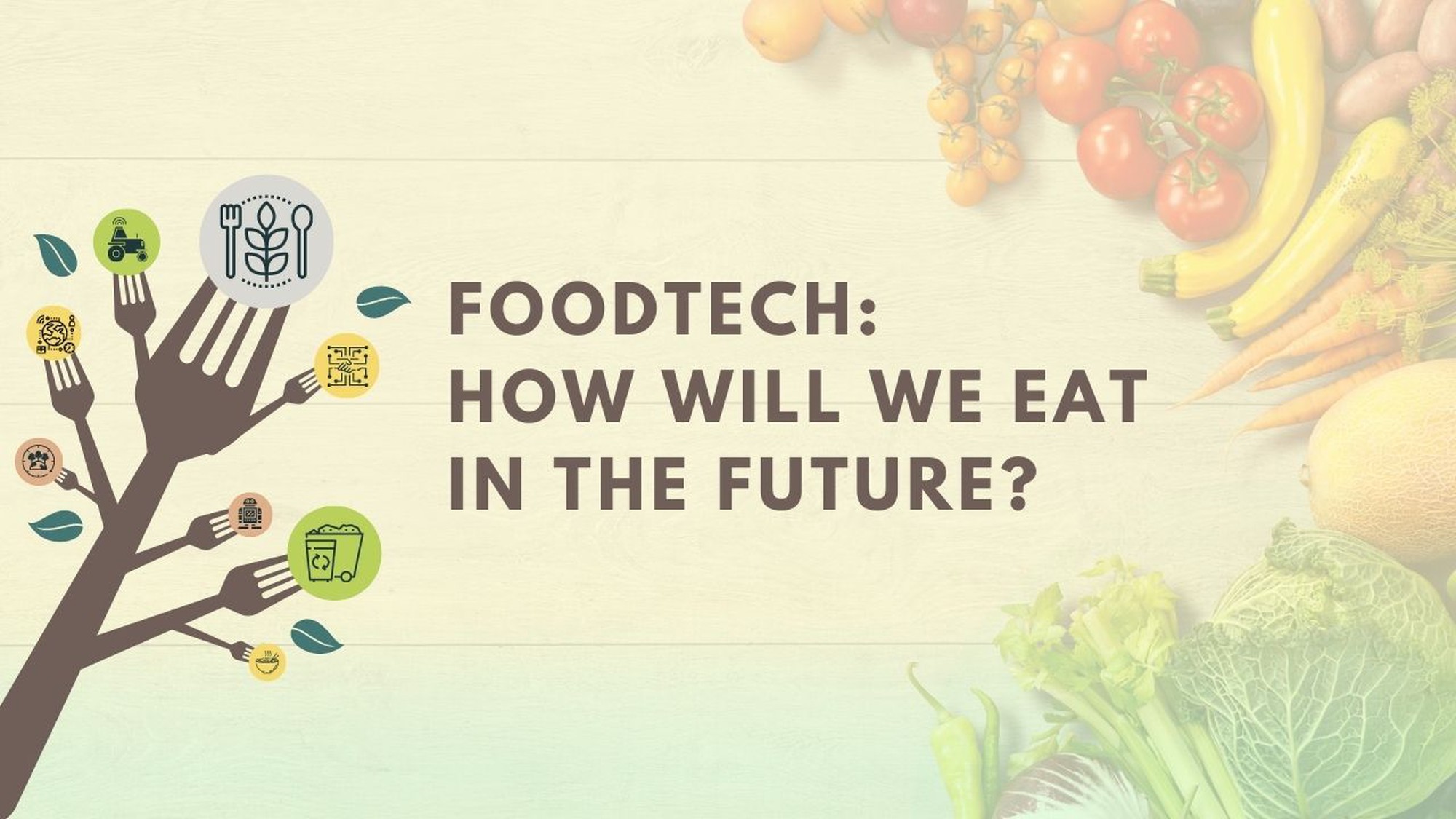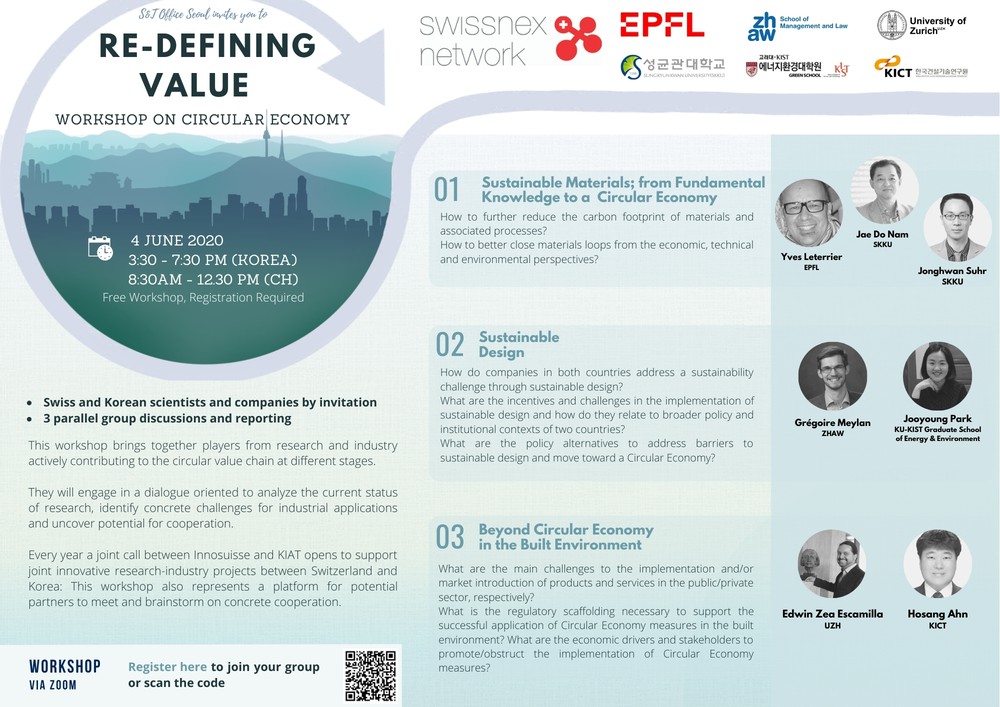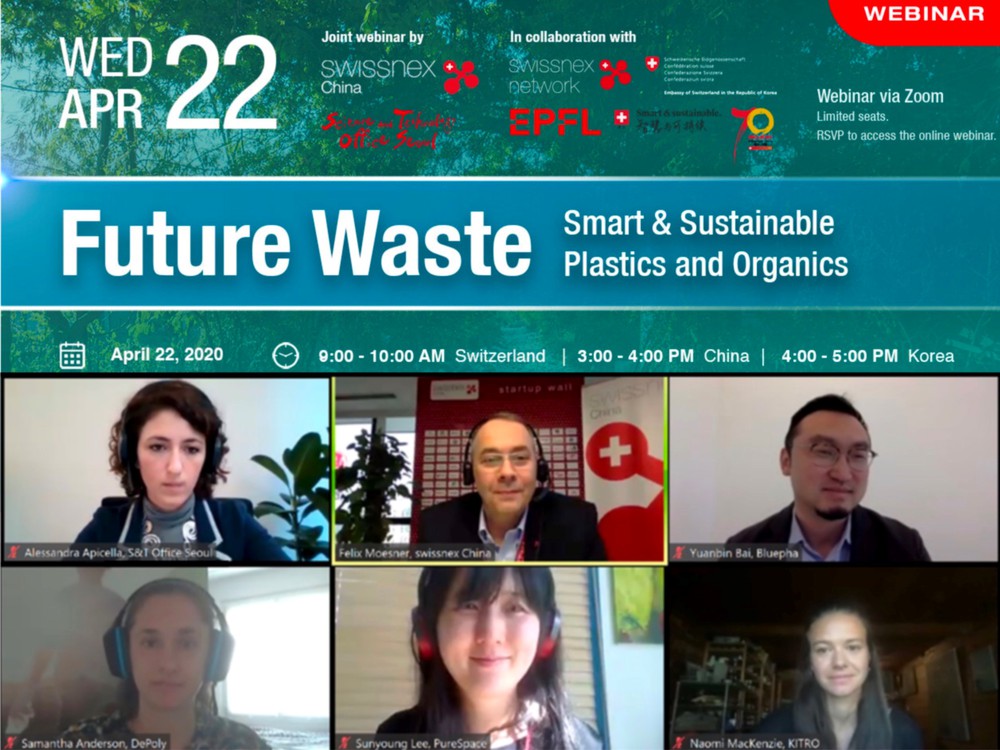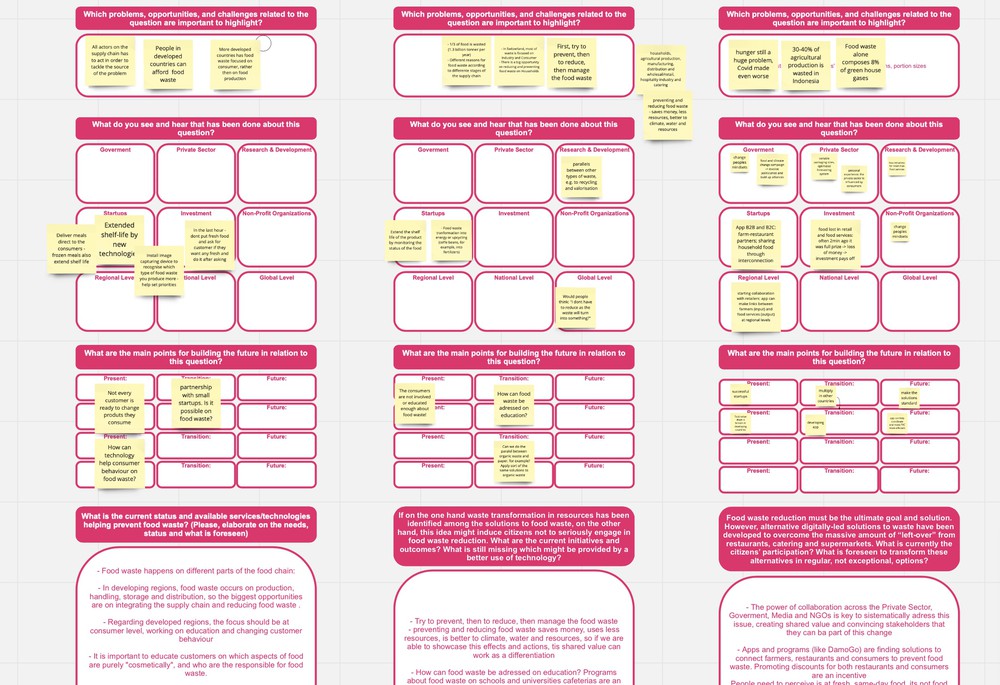
PrevenTransforManage: A Circular Journey Across Disciplines and Borders
The transformation from a linear to a circular economy is not only about sustainability and recycling programs. There is a need for cooperation between various partners at home and abroad for a circular economy to become a value creation driver. Recently, in Switzerland awareness and movements related to circular economy projects have been increasing mainly through bottom-up initiatives such as Circular Economy Switzerland. However, the lack of top-level involvement from companies as well as a weak regulatory framework limit the implementation. South Korea achieved the second-highest recycling rate in the OECD countries, but waste reduction must be the key for a transition to a resource circulating society. Both countries have been accumulating experiences and open questions around this theme, so it was time to connect the dots! A series of initiatives under the flagship “PrevenTransforManage” were initiated by the Swiss Science and Technology Office in Seoul with a view to enhance multilateral dialogue and raise awareness around this current topic.

The Swiss-Korean Innovation Week paid particular attention to the development of new materials to PREVENT waste generation. Under the leadership of the École Polytechnique Fédérale de Lausanne and Sungkyunkwan University, experts from major companies - Logitech, Nestlé and Samsung Electronics - shared the latest developments in sustainable packaging. Furthermore, the Swiss startup CompPair showed the potential impact of self-healing materials in supply chains. All participants highlighted that the application of academic research in the industry is crucial to boost circularity.


Although the Swiss-Korean Innovation Week generated promising ideas for bilateral research projects, the transition to a circular model requires a multilateral involvement. Thus, in cooperation with Swissnex in China, the Swiss Science and Technology Office in Seoul organized the webinar “Future of Waste” to tackle the TRANSFORMation of food and plastic waste. The event aimed to raise awareness about the innovative ideas of young entrepreneurs from DePoly (CH), BluePha (PRC), PureSpace (ROK) and KITRO (CH) and connected them with potential international partners.
Cooperation with Swissnex in Brazil proved that a 12-hour time difference no longer is an obstacle in a hyperconnected world. The event “Foodtech: How Will We Eat in the Future?” co-organized with Swissnex in Brazil, connected our stakeholders despite physical distance and time differences. Speakers from three continents showcased and discussed solutions in the fields of agritech, alternative foods and digital platforms for waste MANAGEment.
Quoting Albert Einstein “crisis is the highest blessing”, the Swiss Science and Technology Office in Seoul transformed 2020 into an opportunity to connect the dots across borders and disciplines, highlighting the strength of Swissnex worldwide.